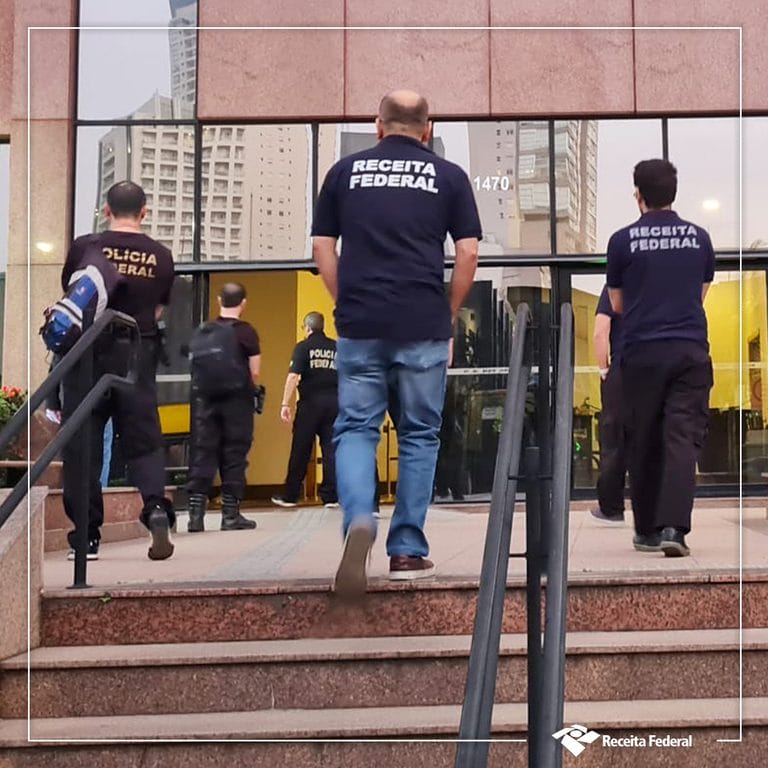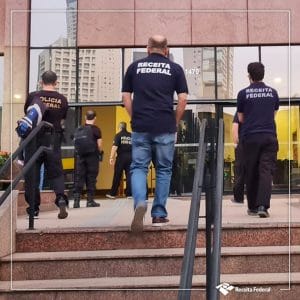Last updated:
 Why Trust Cryptonews
Why Trust Cryptonews

Brazilian police and tax officials say they have frozen around $1.6 billion worth of crypto and fiat held on crypto exchanges and bank accounts.
Per an official Brazilian government notice and a report from Brazilian media outlet Livecoins, the Federal Police Force (PF) and the Federal Revenue Service claim that the “total amount of money” held in frozen bank accounts and crypto wallets “could reach 9 billion real.”
Brazilian Police ‘Shut Down Three Criminal Groups’
Officers said that criminal suspects were trying to send fiat and tokens to recipients in China, the United Arab Emirates, the United States, and Hong Kong.
And they claimed that money launderers may have used unnamed cryptoassets to “move 55 billion real [$9.8 billion]” over the past three years.
Dubbed Operation Niflheim, the joint police-tax service initiative saw officers conduct raids on businesses and personal addresses in several Brazilian states.
They also raided offices in the United States. The police did not disclose the identities of any of the companies and individuals officers are investigating.
Officers explained that they had shut down three separate groups as part of the international operation.
The PF is investigating possible connections between the three groups. They think the groups “may operate jointly.”

Group ‘Used Shell Companies’
The PF said 130 police officers and 20 Federal Revenue Service employees conducted the raids.
Courts issued at least eight arrest warrants and around two dozen search and confiscation warrants in Caxias do Sul, São Paulo, Fortaleza, and Brasília. They also seized multiple motor vehicles and impounded properties.
Police spokespeople said the groups began operating in 2021. They then allegedly developed complex financial operations with “several layers.”
They said the money “mainly” originated “from drug trafficking and people smuggling” networks.
And they think the “groups under investigation” used “shell companies and other tactics.” This was part of a bid to “make it difficult for the authorities” to track the funds, officers said.
The spokespeople added that the suspected leaders of the groups hail from Caxias do Sul and Orlando, Florida.



